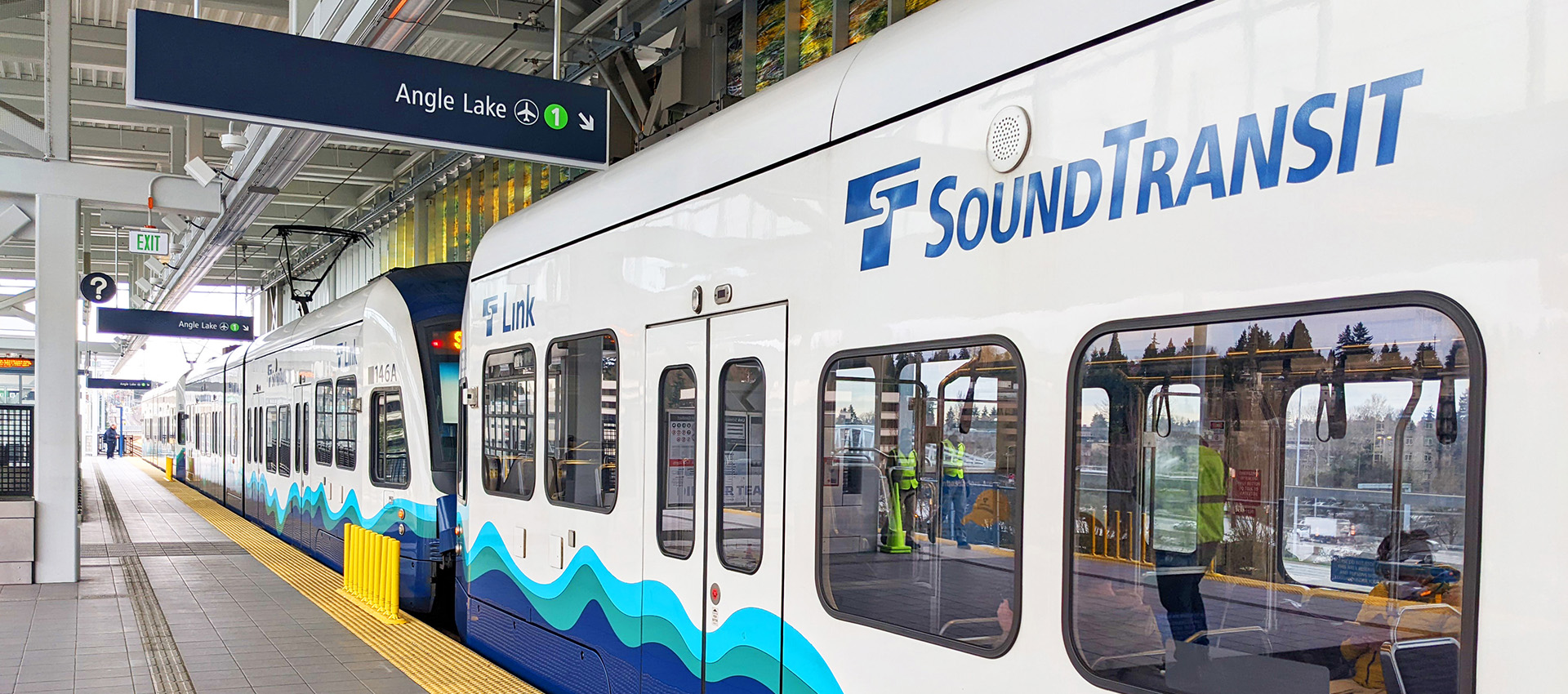The solution
Sound Transit partnered with INIT to supply their next-generation ORCA fare system. The contactless, account-based solution enables riders to conveniently add value to their accounts and use various payment methods, including mobile app, website, customer service terminals, vending machines, and retail outlets. INIT fare validators are on-board local and regional buses and located at rail stations for easy tap and go boarding. The validators are PCI (Payment Card Industry) and EMV (Europay, MasterCard® and Visa®) certified for the acceptance of contactless cards as well as virtual cards stored in a mobile app. These features are beneficial for virtual card payments in Google Wallet - and contactless credit and debit card payments in the future.
In addition, INIT validators are certified “Visa Ready for Transit” and wear the ITxPT (Information Technology for Public Transport) label ensuring the hardware is built with an open architecture design and facilitates interoperability between IT systems.
INIT’s state-of-the-art Ticket Vending Machines (TVM) are in place at stations throughout the region and were transitioned into service over time as the legacy TVMs were phased out. Customers were able to use their existing ORCA cards on the new system equipment during the transition helping make the changeover easier during the adoption period.
At the core of the ORCA system lies INIT's fare management and clearing system, MOBILEvario. This software manages and processes fares in real-time, handles revenue sharing, manages accounts, and automates reconciliation.




